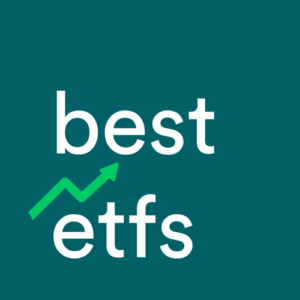You might be sitting back and considering the BetaShares Australia 200 ETF (ASX: A200) and thinking that May could be as good of a time as any to take closer look. Here’s how we would start our research.
Find out what the ETF does
The Betashares A200 ETF provides exposure to the largest 200 Australian companies, based on market capitalisation. Unlike many other Australian shares ETFs, A200 uses the Solactive Australia 200 Index. This is virtually the same thing as the indices provided by S&P/ASX, as it also uses a market capitalisation weighting.
The Betashares A200 ETF could be used by investors to gain exposure to a diversified basket of Australia’s largest public companies, which are likely to grow their profit over time and pay regular dividends to their shareholders.
A200’s FUM meets our hurdle
The BetaShares A200 ETF had $1996.21 million of money invested when we last pulled the monthly numbers. Given A200’s total funds under management (FUM) figure is over $100 million, the ETF has met our minimum criteria for the total amount of money invested, otherwise known as FUM. We draw the line at $100 million for ETFs in the Australian shares sector because we believe that relative to smaller ETFs, achieving this amount of FUM de-risks the ETF.
Pay attention to yearly costs & fees
BetaShares charges investors a yearly management fee of 0.07% for the A200 ETF. This means that if you invested $2,000 in A200 for a full year, you could expect to pay management fees of around $1.40.
For context, the average management fee (MER) of all ETFs covered by Best ETFs Australia on our complete list of ASX ETFs is 0.51% or around $10.20 per $2,000 invested. Keep in mind, small changes in fees can make a big difference after 10 or 20 years.
Our takeaway
If you’re thinking about investing in A200, bear in mind that this is just an introductory glance at the ETF. To explore further, check out our free BetaShares A200 report. And for good measure, search our complete list of ASX ETFs for similar ETFs in the Australian shares sector to do a good comparison.




